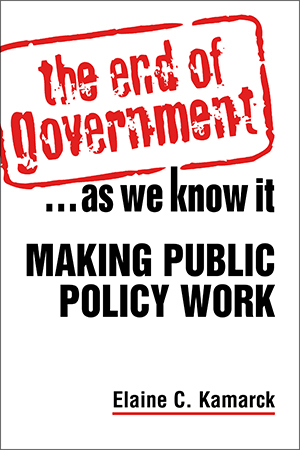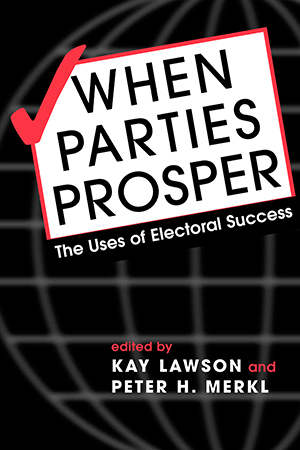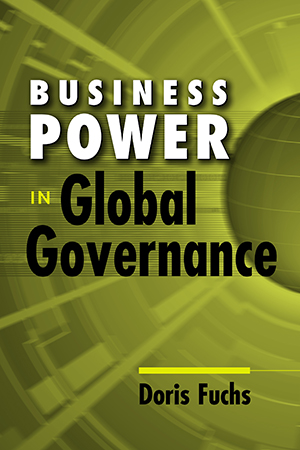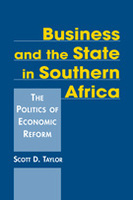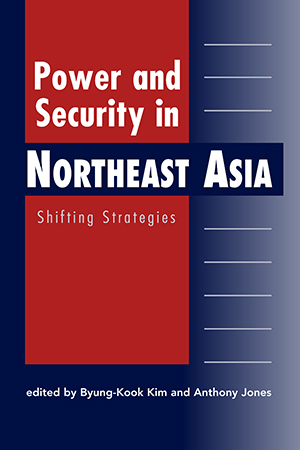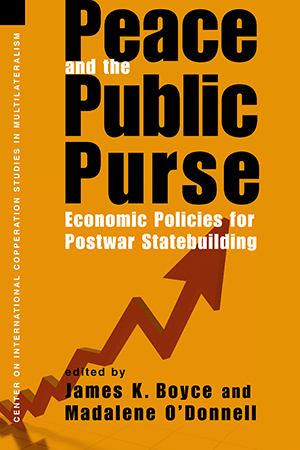BOOKS
In the last decades of the twentieth century, many political leaders declared that government was, in the words of Ronald Reagan, "the problem, not the solution." But on closer More >
Have parties, and party systems, come back to life in the twenty-first century? Are they capable of playing their roles in ways that will foster rather than betray the public interest? These More >
At the center of many of Africa's violent conflicts are movements that do not seem to fit any established theories of armed resistance. African Guerrillas offers new models for More >
Has the political power of big business, particularly transnational corporations (TNCs), increased in our globalizing world? What, if anything, constrains TNCs? Analyzing the role of More >
Why are productive, development-supporting relations between business and government still so rare in Africa? Scott Taylor addresses this question, examining state-business coalitions as More >
As China's influence rises and the US attempts to retain its primacy in Northeast Asia, the countries of the region are reconsidering their own security needs—and availing More >
What can researchers glean from national crime surveys? And how must these research tools evolve to remain relevant? Addressing these questions, the authors highlight key findings of the More >
In the aftermath of violent conflict, how do the economic challenges of statebuilding intersect with the political challenges of peacebuilding? How can the international community help lay More >
Sandra Barnes presents both big-picture strategic thinking and nuts-and-bolts suggestions to help junior scholars obtain satisfying academic employment in today's highly competitive More >
ForeWord Magazine's Reference Book of the Year, 2007! Ranging from ancient cultures to the present century, from Africa's rich oral traditions to its contemporary fiction, More >



